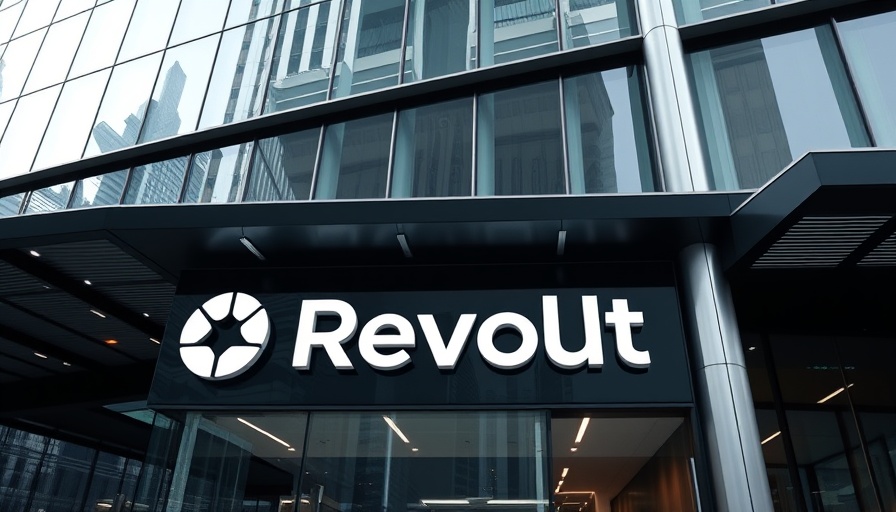
Why Mergers and Buyouts Matter for VC-Backed Companies
In a time marked by economic uncertainty, companies backed by venture capital (VC) are increasingly opting for mergers, acquisitions, and buyouts as their primary exit strategy over initial public offerings (IPOs). The data from Pitchbook shows a telling trend—while the number of overall exits remained relatively steady, the dominance of M&A activity is reshaping how businesses approach their growth and transition phases.
The IPO Landscape: A Declining Trend in Uncertain Times
The recent quarterly reports indicate a steep decline in IPOs, with only 27 VC-backed companies going public in the first half of the year—the lowest in a decade. This reduction is largely due to the nebulous nature of the public markets combined with a tense political landscape and shifting trade policies. According to Emily Zheng, a VC analyst from Pitchbook, the recent uptick in IPOs should be viewed more as a temporary reset rather than a robust comeback.
Sector Insights: Where the Opportunities Lie
Though many sectors remain hesitant about going public, opportunities are blossoming in forefront industries such as artificial intelligence, national security, and fintech. Notably, companies like Circle Internet Group and CoreWeave have shown resilience and impressive performance post-IPO, suggesting a promising avenue for others in similar sectors. For businesses entrenched in technology and digital currency, understanding this trajectory could provide both foresight and options in their financial planning.
Private Equity Shift: Adapting to Market Conditions
Amidst this landscape, private equity (PE) firms are transforming their exit strategies significantly. With the volume of PE-backed IPOs plummeting from 116 in 2021 to just nine this year, more executives are considering splitting businesses for smaller sales or utilizing "continuation funds"—self-investments that keep the asset within the PE firm's portfolio longer. This strategic shift highlights the adaptability required in the current climate.
Going Beyond IPOs: The Rise of Secondary Markets
As public listings become scarce, venture capitalists are increasingly gravitating towards the secondary market, a space designed for buying or selling shares in private companies. This market, having witnessed growth in recent years, opens new avenues for companies seeking to capitalize on liquidity without the burdens associated with public listings.
What Business Owners Can Learn from These Trends
The trends observed in the venture capital space are more than mere statistics; they offer vital lessons for business owners actively scaling operations. Emphasizing mergers and acquisitions may not only provide a route to profitable exits but can also foster strategic partnerships and enhance operational capabilities in uncertain times.
Ultimately, while the IPO path may seem daunting, it's essential for business owners generating between $2M–$10M+ in annual revenue to remain nimble, adapt to evolving market conditions, and explore alternative routes to growth and liquidity.
If you're interested in optimizing your funding strategies and operational infrastructure, explore actionable insights tailored to your business challenges in these turbulent times!
 Add Row
Add Row  Add
Add 



Write A Comment